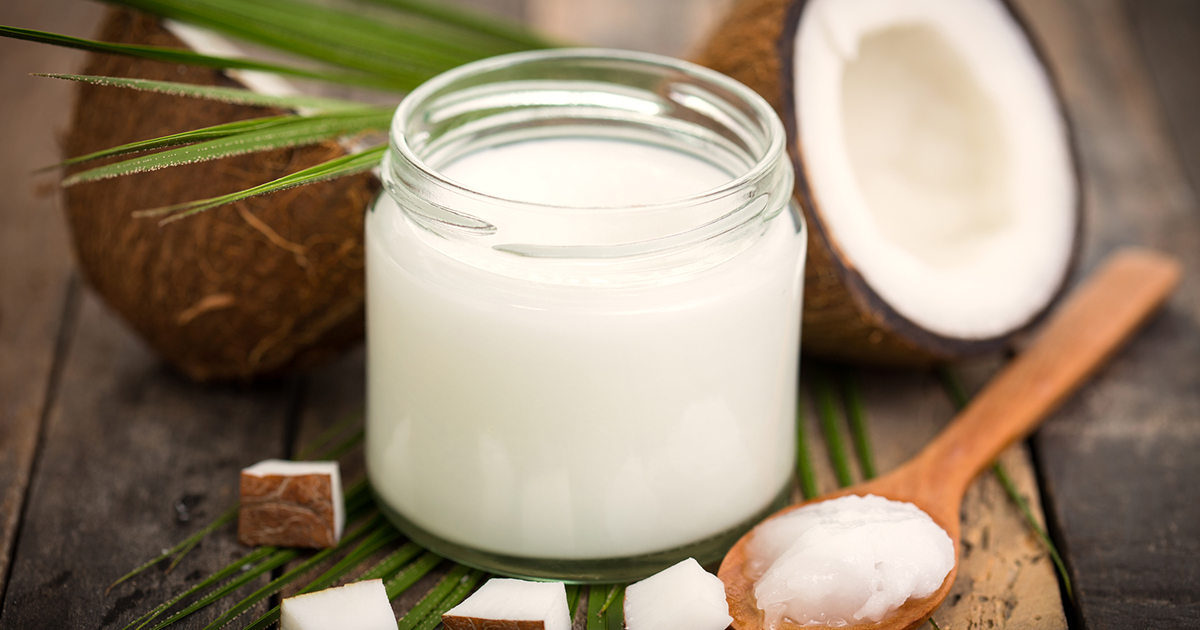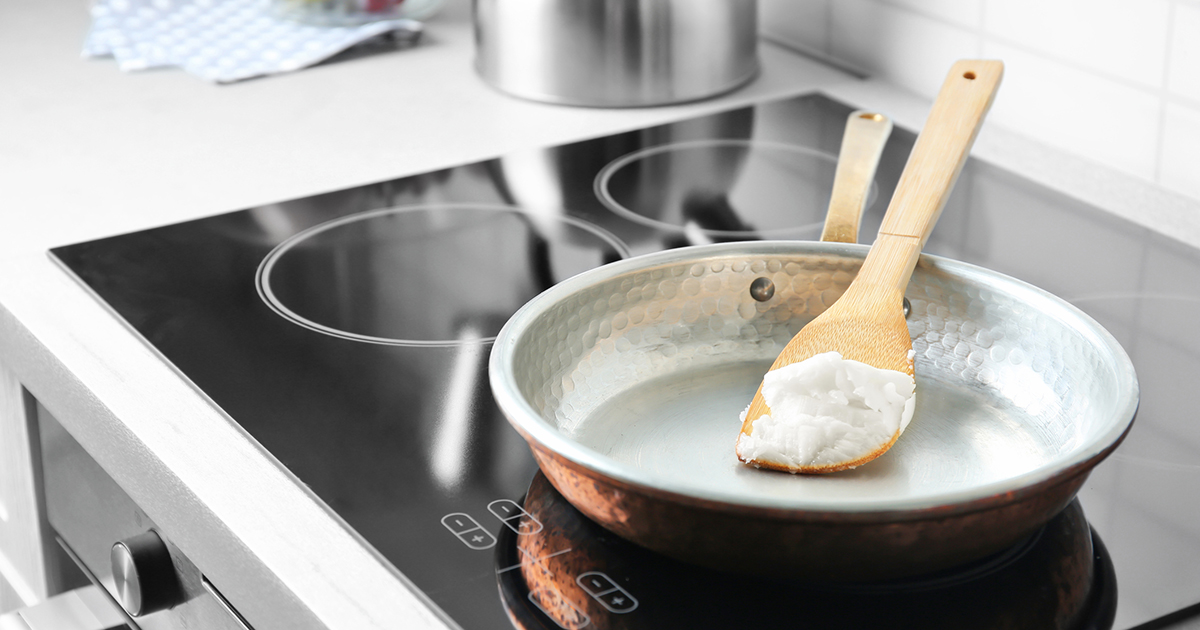Is Coconut Oil Truly Good For You?
People are waking up around the world to realize the many health benefits of coconut oil. It is an excellent moisturizing agent that can help skin dryness and premature graying of hair, and the Vedic tradition of "oil pulling" has proven its underlying merit today. Although many fear high saturated fat content, coconut oil may have some exceptions to this rule. Let's crack the shell on this coconut and find out if it's truly good for our health.
The Main Components In Coconut Oil

Coconut oil is considered unique, as this oil is not scientifically considered an oil at all, but a solid fat. For one, coconut oil is well known for its antibacterial properties. These properties reduce the bacterium that produces the acids associated with the softening of tooth enamel and decay, hence why "oil pulling" is incredibly popular today. Saturated fat is one of the main components in its diverse number of fats. Specifically, coconut oil is composed of ninety-two percent saturated fats and eight percent polyunsaturated and monounsaturated fats. More than half of the saturated fat content is lauric acid, a medium chain triglyceride, that directly converts into energy, and arguably, benefits the body with higher levels of good HDL cholesterol. Some of its other fatty acids like palmitic and myristic are more firmly associated with higher LDL cholesterol or the bad artery-clogging type. These same saturated fatty acids are why eggs, meat, poultry, butter, and cheese are associated with bad cholesterol and an increased risk of heart disease.
Find out next if it's a good oil to cook with.
Is It Healthy To Cook With?

Cooking with coconut oil is more common in desserts and dishes that contain fish or chicken that may be complemented by the coconut aftertaste. The refined version of coconut oil is generally inexpensive and may not have the same coconut smell and aftertaste compared to its raw state. Some cooks use unrefined virgin coconut oil that is cold-pressed to retain the antioxidant polyphenols, which are often recognized for their anti-inflammatory properties. The high smoke point and extended shelf-life of coconut oil make it incredibly useful for greasing pans and for flavor in certain ethnic or exotic dishes. Since olive oil has more solid evidence of its monounsaturated fat health benefits, and the benefits of lauric acid found in coconut oil is still controversial, no one is completely able to answer the question "Is it healthy to cook with?" Cooking with coconut oil largely depends on the cook's taste and preferences and the recipe they are creating. Coconut oil has many health benefits, but further studies are required to determine if it is the healthiest oil to cook with.
Keep reading to learn more about its health benefits.
